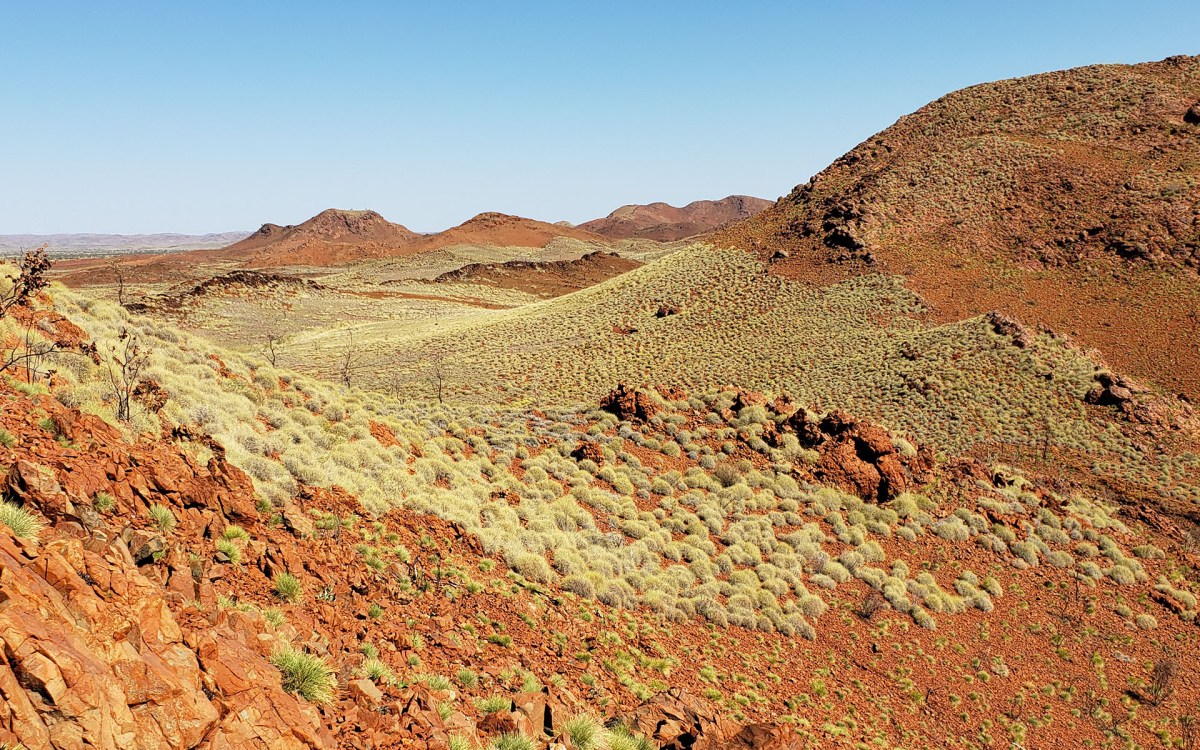As Ramadan begins, the economy slows but happiness increases
This year, June 29 marks the beginning of Ramadan, a 30-day period during which time devout Muslims around the world pray, reflect, and fast from sunrise to sunset. It is a time when religious tradition trumps business considerations. Shopkeepers reduce their hours and workers spend less time on the job and more time in the mosque. This year, in particular, fasting will be particularly intense for Muslims across the Northern Hemisphere, as the month coincides with the long days of summer. A Harvard Kennedy School (HKS) Faculty Research Working Paper co-authored by two HKS faculty members confirms that more intense Ramadan fasting does, in fact, prove to be a drag on the economy, although not on the spirits of its adherents.
Examining data on Ramadan in predominantly Muslim countries dating back to 1950, Associate Professor Filipe Campante and Assistant Professor David Yanagizawa-Drott find that increasing the amounts of time fasting as a result of longer daylight hours, results in statistically significant reductions in economic growth, not just in the month itself but on a year-on-year basis.





